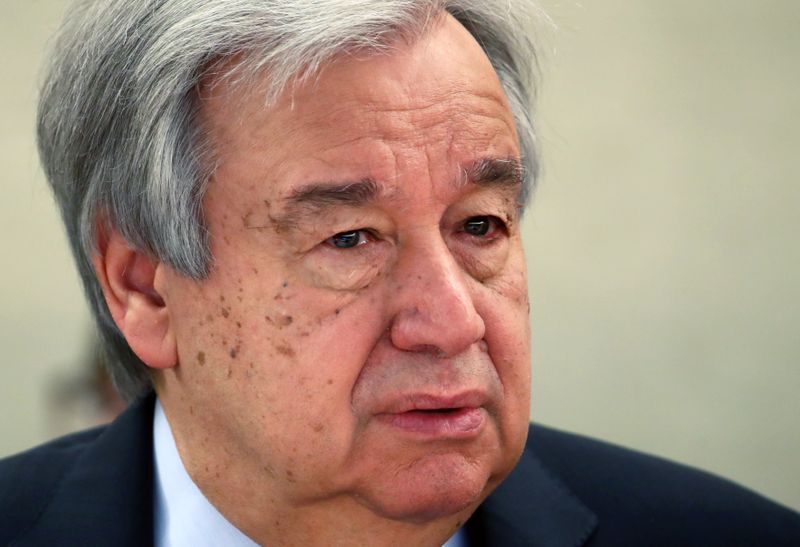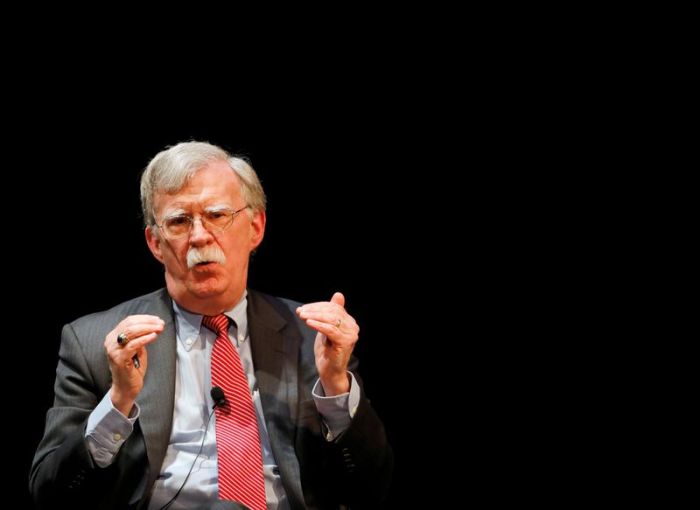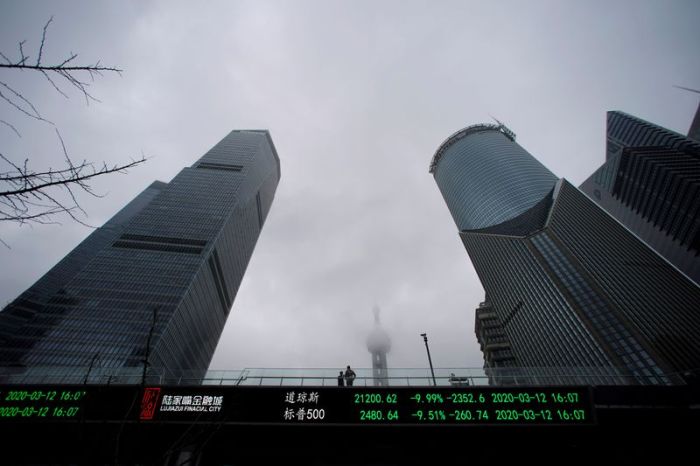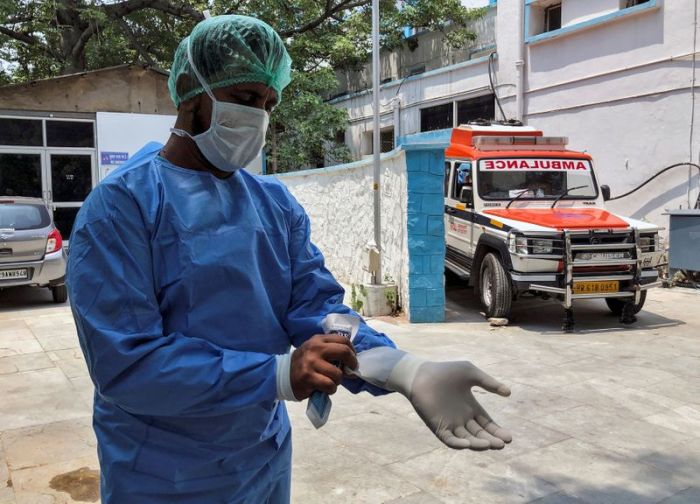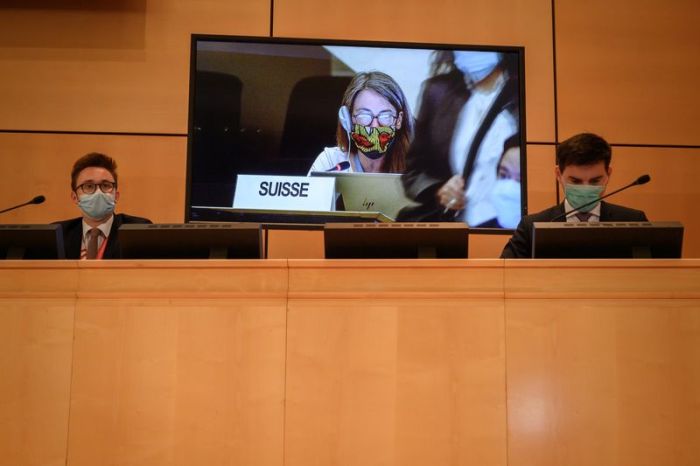NEW YORK (Reuters) – U.N. Secretary-General Antonio Guterres on Monday removed a Saudi Arabia-led military coalition from a United Nations blacklist, several years after it was first named and shamed for killing and injuring children in Yemen.
The coalition killed or injured 222 children in Yemen last year, Guterres wrote in his annual report to the U.N. Security Council. He said the Houthis were responsible for 313 such casualties and the Yemen government forces 96 casualties and both remain on the annual children and armed conflict blacklist.
Guterres said the coalition would “be delisted for the violation of killing and maiming, following a sustained significant decrease in killing and maiming due to air strikes” and the implementation of measures aimed at protecting children.
But he added that the coalition would be subjected to one year of monitoring and “any failure” to further decrease child casualties would result in it being listed again next year.
The Saudi mission to the United Nations did not immediately respond to a request for comment on the report.
“The Secretary-General is adding a new level of shame to his ‘list of shame’ by removing the Saudi-led coalition and ignoring the U.N.’s own evidence of continued grave violations against children,” said Jo Becker, children’s rights advocacy director for Human Rights Watch, said in a statement.
Yemen has been mired in conflict since the Iran-allied Houthi group ousted the government from the capital Sanaa in 2014. The Saudi-led military coalition in 2015 intervened in a bid to restore the government.
The Saudi-led military coalition has officially been on the blacklist for the past three years.
It had been briefly added to the blacklist in 2016 and then removed by former Secretary-General Ban Ki-moon pending review. At the time, Ban accused Saudi Arabia of exerting “unacceptable” undue pressure after sources told Reuters that Riyadh threatened to cut some U.N. funding. Saudi Arabia denied threatening Ban.
When asked if the U.N. had come under any pressure to remove the Saudi-led coalition from the list this year, the U.N. envoy for children and armed conflict, Virginia Gamba, told reporters: “I can answer that very, very clearly – absolutely not.”
The U.N. report does not subject those listed to action but rather shames parties to conflicts in the hope of pushing them to implement measures to protect children. It has long been controversial with diplomats saying Saudi Arabia and Israel both exerted pressure in recent years in a bid to stay off the list.
Countries or groups can be blacklisted for killing, injuring or abusing children, abducting or recruiting children, denying aid access for children or targeting schools and hospitals.
(Reporting by Michelle Nichols, Editing by Chizu Nomiyama and Grant McCool)

